"All the world's a stage, and all the men and women merely players..."
Shakespeare's profound words hold true, even in our modern lives.
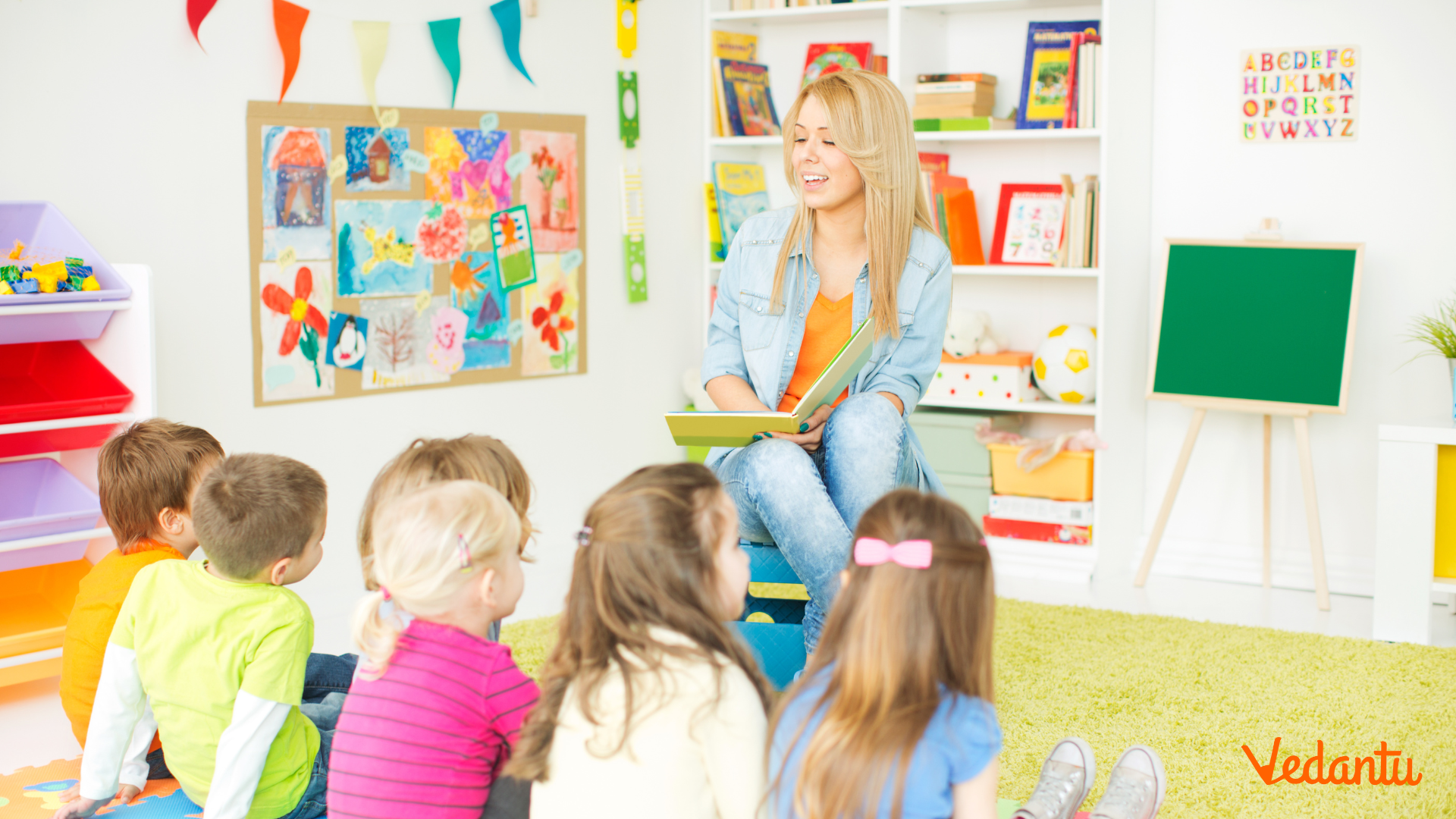
As the director of your children's growth and development, you might feel the occasional urge to go beyond academic excellence and nurture their creativity, imagination, and overall well-being.
And what better way to achieve this than through the tried-and-true method of storytelling and drama sessions?
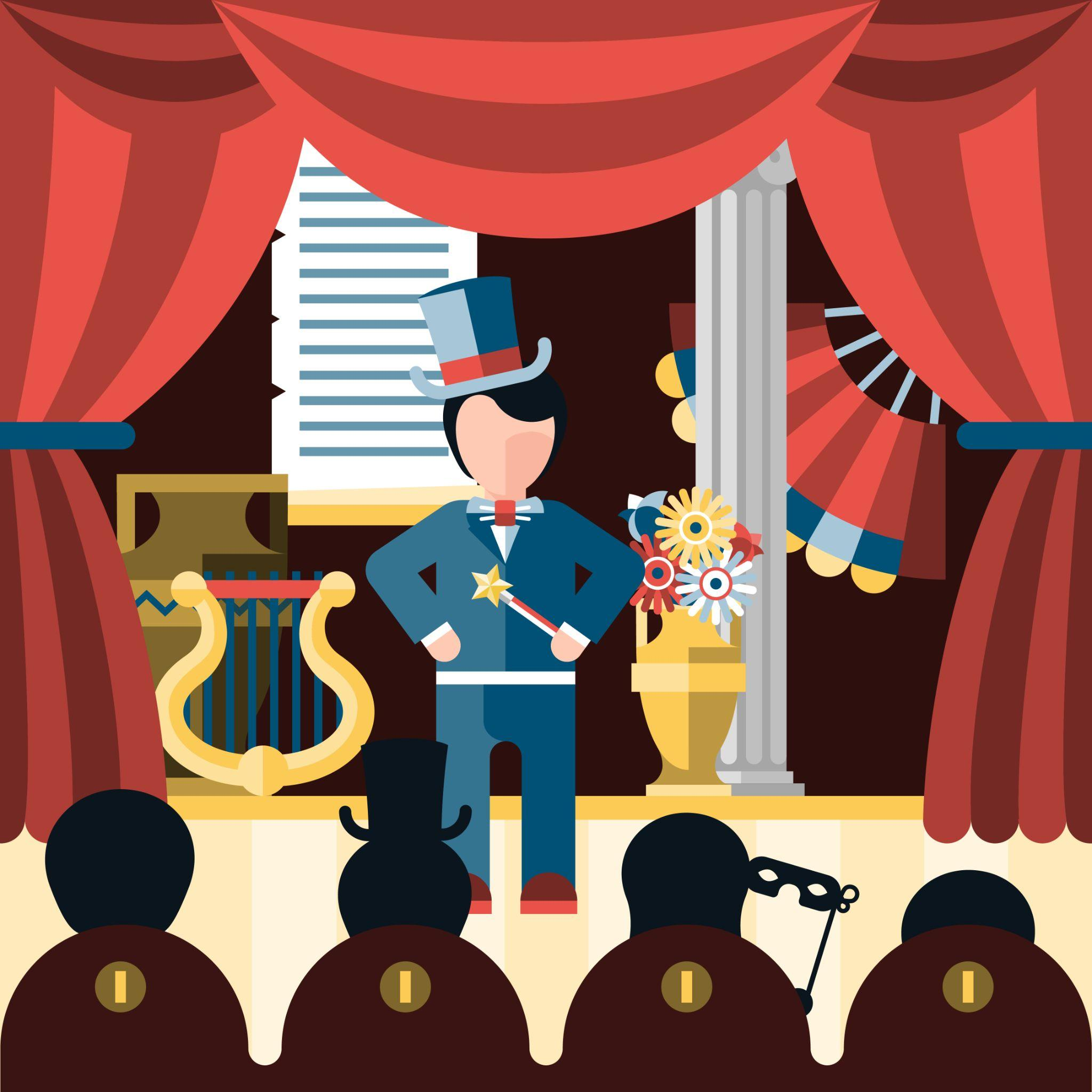
Introduction to Storytelling and Drama in Workshops
Storytelling and drama sessions are powerful educational tools that go beyond just entertaining kids and make way for immersive learning experiences.
How? Let’s take a look:
Just like actors on a stage, your children can step into different roles, imitating various personas and bringing stories to life through their words, gestures, and expressions
Drama workshops use many engaging techniques and activities for effective learning in children. From role-playing exercises that build empathy and perspective-taking skills to improv games that encourage spontaneity and collaboration, the approaches are diverse
But these activities aren't merely about acting and narration; they also help your children develop essential life skills that will benefit them in the long run.
Before we dive into various drama techniques and activities, how about stepping onto the stage to explore some of the benefits these sessions can offer?
Let’s take a look at the following benefits:
A captivating platform for kids to express their innate talent for self-expression and communication
Through stories, kids gain insights into diverse cultures, historical events, and scientific wonders
From boosting confidence and public speaking abilities to cultivating empathy and teamwork, drama workshops prepare your children with the skills to lead a successful and meaningful life
By narrating tales and personifying characters, children tap into their creativity and imagination, making way for critical thinking and social-emotional development
Enough with the perks! It’s time to look at some fun storytelling and drama activities where your kids can let their imaginations run wild and discover their inner storytellers in the process!
While you're at it, don't forget to spark your child's imagination with Vedantu's English Superstar Course! Sign up now to master the art of storytelling and level up your young learner’s english skills through engaging online classes!
Types of Storytelling and Drama Workshops
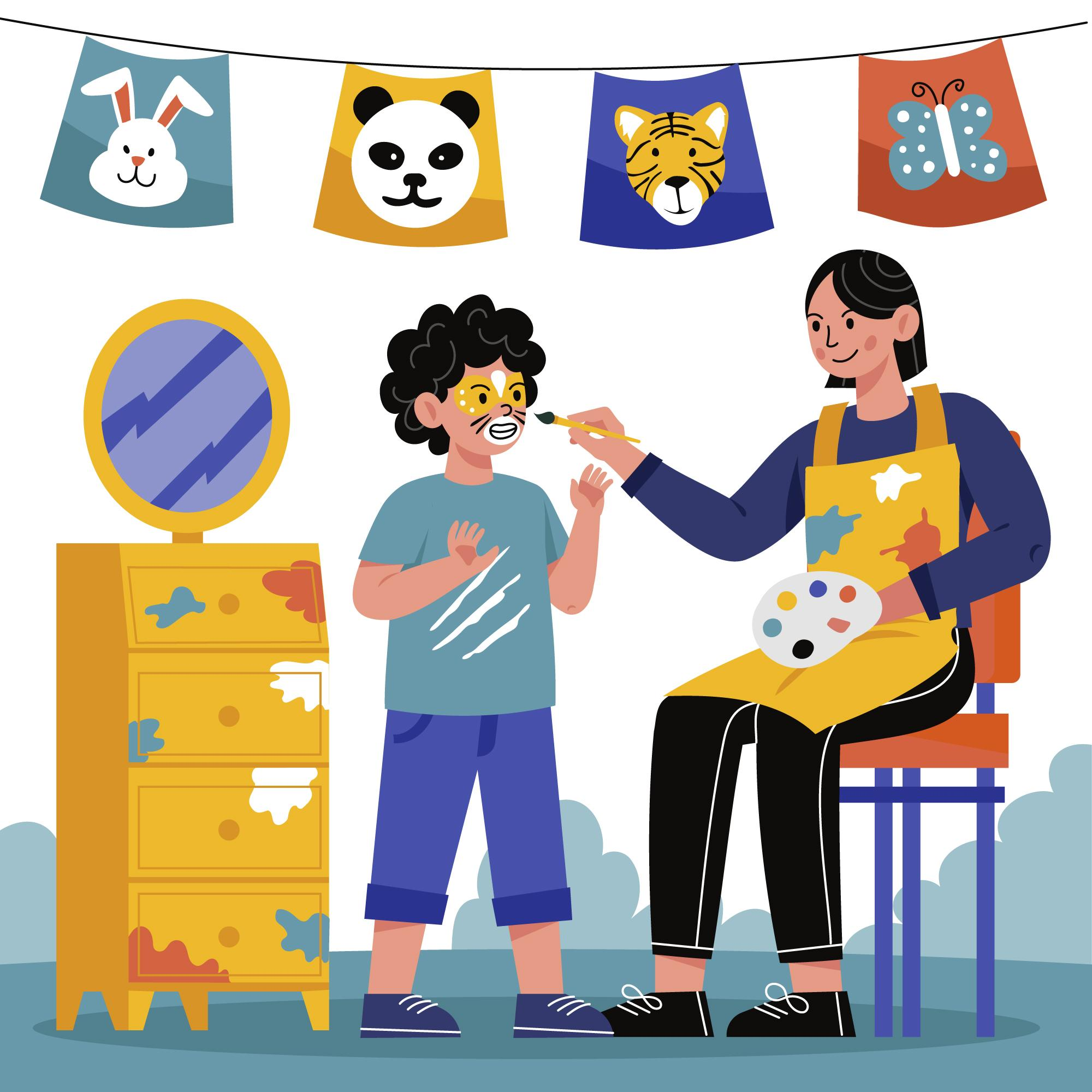
Versatility makes storytelling and drama sessions stand apart from most learning activities for kids. From literacy and book week specials that bring beloved characters to life to historical reenactments that transport children back in time, the possibilities for different themes and subjects are endless!
Let’s take a look at some of them:
Bringing Books to Life Where Literary Characters Take the Stage: With every literary character portrayal, the young actors gain confidence, creativity, and a deep appreciation for the transformative power of literature
Connecting Storytelling with Scientific Concepts: Science aficionados can revel in workshops that mix storytelling with scientific concepts, making complex theories accessible and engaging. It captures young minds with tales of curiosity, exploration, and breakthrough moments
Geographical Explorations through Narrative: Budding explorers can conduct geographical explorations through narratives that unveil the wonders of different lands, cultures, and the interconnectedness of our world
Historical Context Workshops featuring Figures and Events: Dramatizing stories, historical events, or concepts through acting develops storytelling abilities and kinesthetic learning
And let's not forget the timeless charm of myths, legends, and traditional tales – these ancient stories hold the wisdom of our ancestors, passing down valuable life lessons through skillful storytelling.
Also Read: Short Stories About Respect In English For Kids
Core Storytelling Techniques
Mastering the art of storytelling requires a balanced interplay of various elements.
Voice: Beyond reciting words, storytelling needs kids using their voice as an instrument, infusing it with sound effects and dramatic inflections that transport listeners to fictional lands
Expressions and Body Language: Facial expressions and bodily gestures become powerful tools to convey emotions that breathe life into characters and scenarios
Repetition, Rhythm, and Exaggeration: These techniques will enhance storytelling and keep your little ones on the edge of their seats
Drama Activities for Engagement
Storytelling and drama sessions often include interactive drama activities that target active engagement and immersion. Your child can step into the shoes of their favorite character through activities like hot-seating, flashback, and role-play, delving into their thoughts, emotions, and motivations.
Here is a detailed look at these activities:
Hot-seating: Asking questions to a child in character to explore motivation, feelings, and backstory. This activity allows them to step into the character's shoes and develop empathy
Flashback: Reenacting critical moments from a character's past to provide context and deeper insight into their actions and chloices
Role-play: Acting out scenarios by assuming different roles or perspectives. This activity builds an understanding of diverse viewpoints and situations
Tableaux: Children may create frozen tableaux scenes with their bodies to depict stories. An excellent activitiy that builds skills in storytelling, physical expression, and interpreting narratives visually
Storytelling Circles: These interactive storytelling games allow group improvisation and participation and enrich vocabulary and communication skills
Mirroring and Movement Exercises: This multi-faceted approach builds focus and connection through non-verbal communication and taps into various learning methods to attract young minds
Also Read: Short Play Scripts for Kids
Story Development Strategies
Developing captivating stories is a powerful art and many storytelling and drama sessions employ various strategies to guide young storytellers to build this skill.
Here are some of the useful strategies:
Key Images and Moments: Key images and moments can serve as building blocks for story construction. This allows children to weave narratives around visual prompts
Freeze Frames and Storyboards: Freeze frames and storyboards provide visual aids for storytelling. This can help little ones organize their thoughts and ideas into cohesive and meaningful narratives
Interactive Games: Interactive games encourage oral skills and creative thinking in young learners. This results in quality story construction
Want to enrich your child’s vocabulary for effective storytelling? Explore the ‘Spelling Bee Master’ course offered at Vendatu’s virtual summer camp. Find out everything about this 10-week course today.
Creative Use of Puppetry and Masks
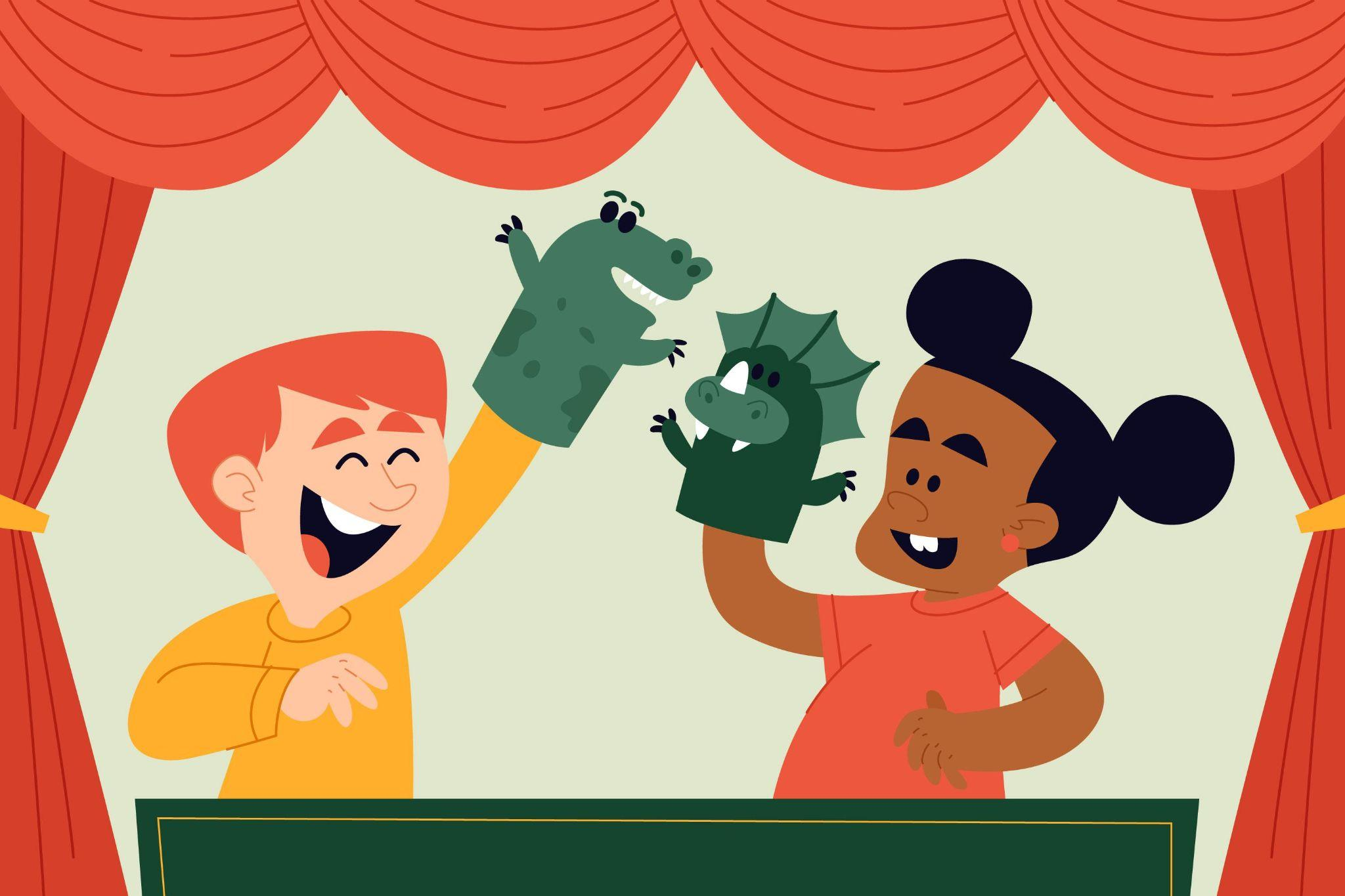
Puppetry and mask-making add an extra layer of quirkiness to storytelling and drama workshops. Children can explore the art of mask-making, channeling their creativity as they develop unique personas to play on stage.
The creation and use of puppets breathe life into stories, allowing young participants to bring characters to life with their voices and movements. And who could resist the temptation of a captivating shadow puppet show, where shadows dance across a screen, casting tales of wonder and mystery?
Curious about how these magical sessions come together behind the scenes? Let's peek backstage to reveal the art of creating and managing drama activities.
Creating and Managing Drama Activities
Time to take a quick peek at the BTS.
Here, facilitators carefully choose appropriate stories and develop engaging lessons around them. This is to ensure that the activities cater to the interests and developmental needs of their young audience.
It is very important to get all the children to take part and to manage how the group interacts during workshops. The goal is to make an environment where every child feels safe, included, and motivated to share their thoughts and ideas. The workshops also emphasize looking back on the activities to see how well they worked and making changes to better meet the needs of the children participating.
Now, why keep all this fun confined to workshops? Let's explore how these enriching storytelling and drama techniques can be weaved into everyday learning.
Integrating Drama with Educational Activities
The magic of storytelling and drama doesn't have to be confined to dedicated workshops. These techniques can be integrated into various educational activities, creating a holistic and engaging learning experience.
Imagine combining drama with games, songs, arts, and crafts – a multisensory approach that caters to different learning styles and keeps young minds engaged
Drama can also be used to improve learning in other subjects, bringing concepts to life through immersive storytelling and character embodiment
Up next, let’s shine the spotlight on the educational outcomes these workshops promise to deliver.
Educational Outcomes of Storytelling and Drama Workshops
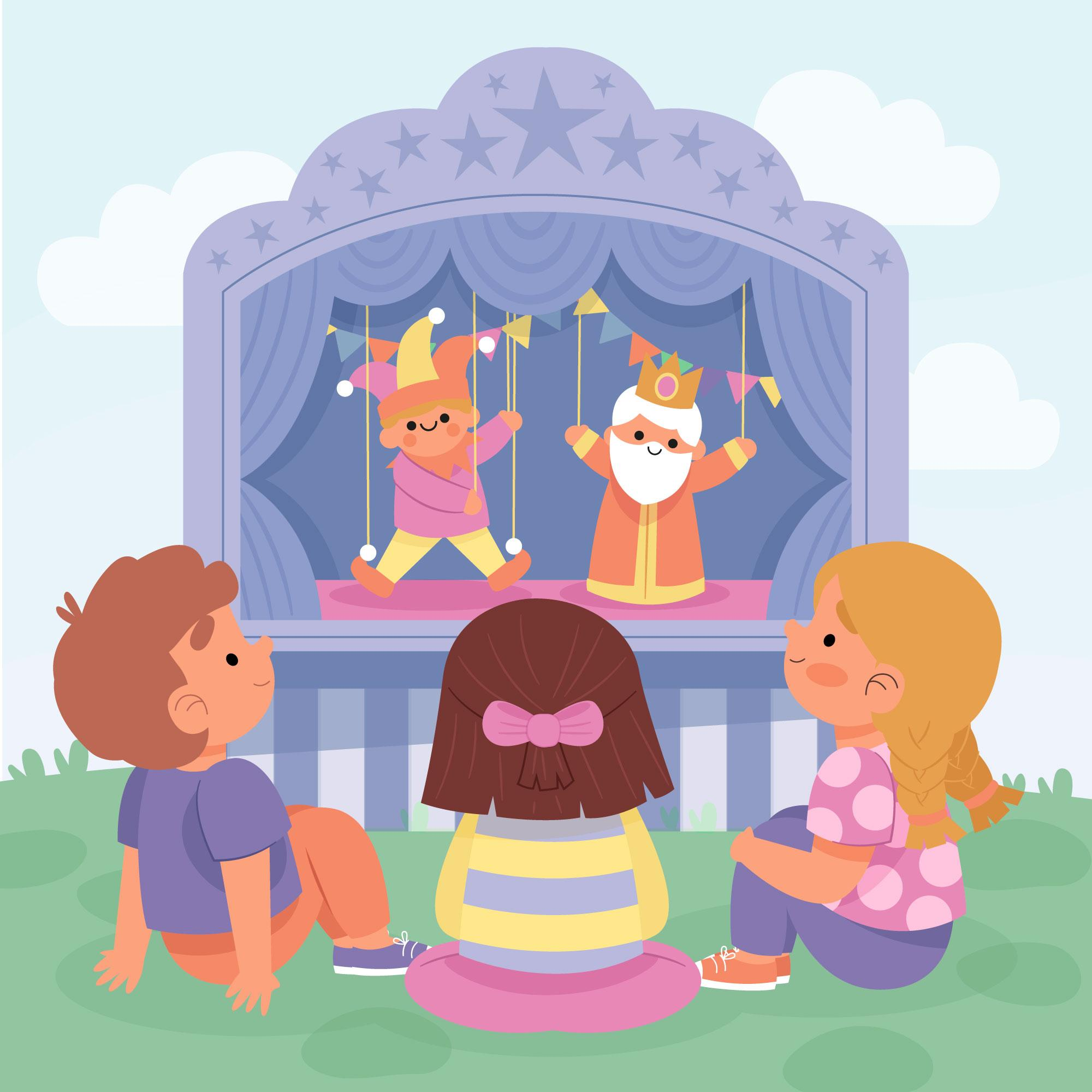
While storytelling and drama sessions in workshops focus on creativity and imagination, the educational outcomes extend far beyond. Engaging in these activities can significantly improve the following:
Listening and concentration skills essential for academic success and personal growth
Creative thinking and problem-solving abilities, equipping children with the tools to tackle challenges with confidence and resilience
Collaboration and teamwork as participants work together to bring stories to life, developing interpersonal skills
Also Read: Power of Storytelling
Conclusion
Ultimately, storytelling and drama sessions in workshops aim to encourage imaginative play and exploration of themes. This inspires a love for learning that extends beyond the classroom walls.
So, why not take your kid on this learning adventure? Seek out reputable workshops in your area, and prepare to witness the transformative power of storytelling and drama come alive before your eyes.
Vedantu assists your kid in this learning by giving them a transformative educational experience that refines their talents and equips them for future success.
Explore a world of endless learning and adventure this summer with Vedantu's innovative camp courses and immersive, instructor-led online sessions. Book a free demo session with Vedantu today and discover the power of personalized, interactive learning!







